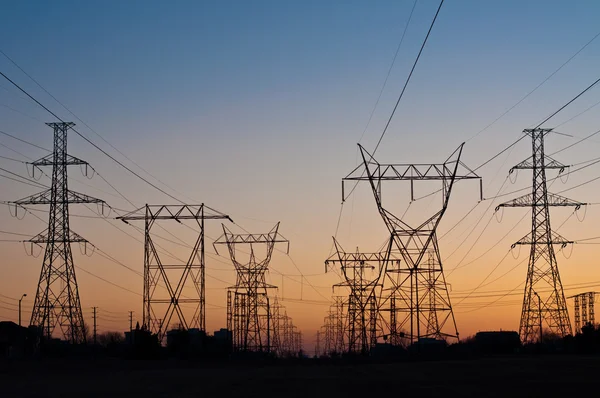
In the stillness before dawn, a pulse from 93 million miles away is already on its way-an invisible surge of solar energy that could, by nightfall, ripple through the electrical veins of eleven northern US states. The NOAA’s Space Weather Prediction Center has issued a rare G4-level geomagnetic storm warning, a severity matched only by the most disruptive space weather events in recent decades.
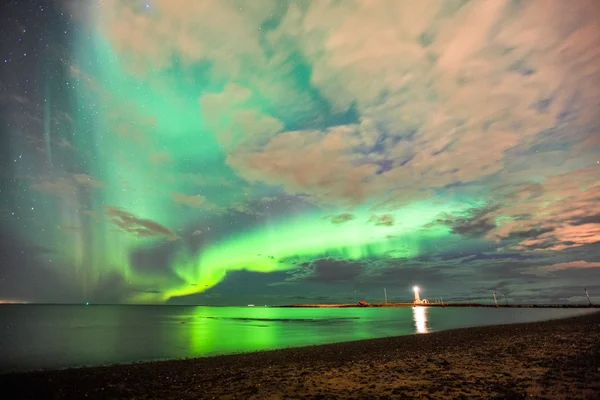
For residents in Oregon, Idaho, Montana, South Dakota, Minnesota, Wisconsin, Michigan, New York, Vermont, New Hampshire, and Maine, this alert is more than just scientific curiosity-it is a real signal that their power supply may be challenged.

1. Why This Storm Is Different
The current solar activity comes amid a volatile chain of events erupting from NOAA Active Region 14274, a cluster of sunspots known to spit out powerful X-class flares. In just the last week, several coronal mass ejections, or CMEs, have merged into what scientists refer to as a “cannibal storm,” amplifying their already significant impact as they barrel toward Earth. “We are expecting a third one to arrive later today or tomorrow. The impact… heavily depends on whether it merges with the first two or not,” said ESA’s Juha-Pekka Luntama. Such a stacking effect could sharply raise the magnetic energy reaching Earth and trigger widespread voltage control problems, potentially tripping protective systems that keep the grid stable.
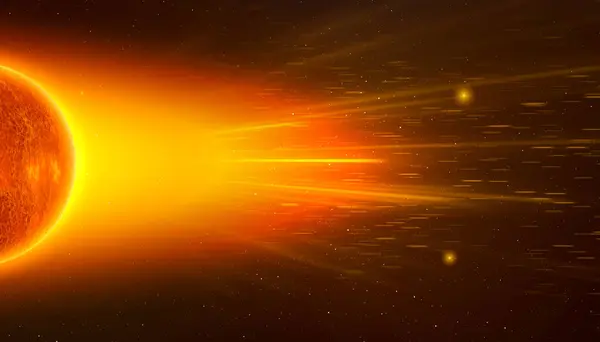
2. Disruption of Technology by Geomagnetic Storms
CMEs reaching Earth distort the planet’s magnetic field, inducing currents in long conductive structures such as power lines and pipelines. These GICs, if strong enough, can overload transformers, cause voltage instability, and even force automatic shutdowns. Vulnerable satellite systems may be “degraded or inoperable for hours,” NOAA warns. According to the Space Weather Prediction Center, “storms may modify the path of radio signals and create errors in the positioning information provided by GPS,” which could include navigation, aviation, and emergency services.
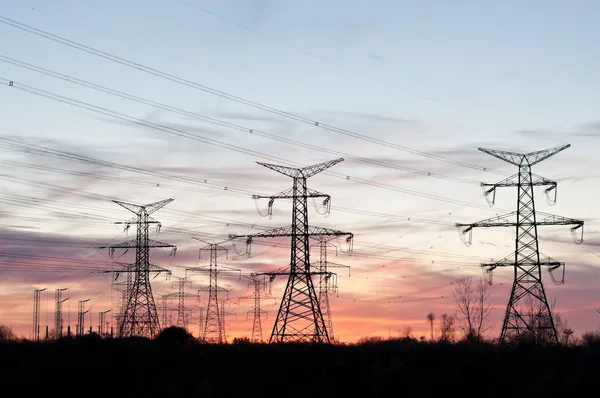
3. The Compounding Risk of Rising Energy Demand
The threat comes at a time when US power grids are under unprecedented strain due to surging demand. Climate-related extremes, coupled with the rapid expansion of AI-powered data centers, has pushed electricity consumption to highs not seen in over a decade. Some modern data centers consume as much power as whole cities and operate around the clock with near-zero tolerance for downtime. Energy executives have warned that “data centers are perhaps bigger, by an order of magnitude, than anything we’ve connected to the grid before,” making the system more vulnerable to disruptions such as geomagnetic storms.
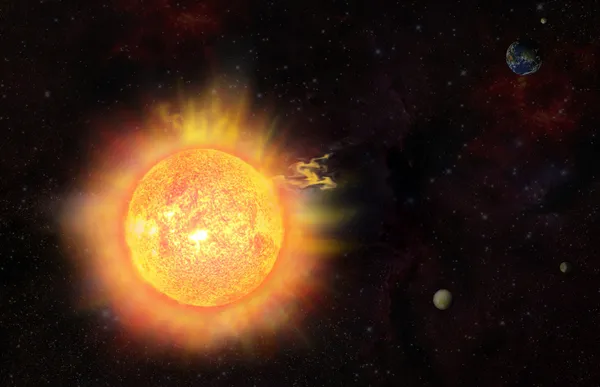
4. Lessons from Past Solar Superstorms
History is full of sobering reminders. A Carrington Event in 1859 caused telegraph stations to spark and even fail, a G5 storm in 2003 resulted in power outages in Sweden and damaged transformers in South Africa. Even the relatively weak May 2024 storm disrupted GPS-dependent farming operations. If these were to happen today, with the vastly more integrated and electricity-dependent society, impacts would cascade across communication, transportation, and industry.

5. Aurora Beauty, Infrastructure Fragility
While the storm may paint the night sky with auroras visible as far south as Alabama, the same charged particles creating those colors can also strain the grid. These particles heat Earth’s upper atmosphere, increasing drag on low-orbit satellites and potentially knocking them off course. ESA notes that this drag can help clear space debris, but for active satellites, it’s a hazard requiring rapid response.
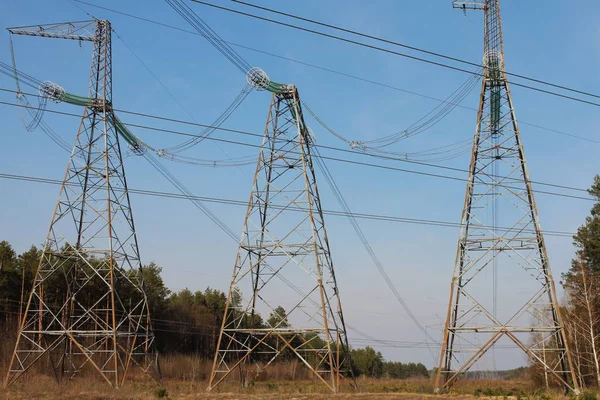
6. Grid Preparation for Space Weather
From voltage adjustments to isolating the most vulnerable transformers, the grid operators take pre-emptive actions. The Department of Energy is highlighting the need for infrastructure upgrades, covering areas from smart grid technologies to magnetic shielding, to better withstand these geomagnetic disturbances. ESA’s future Vigil mission, starting in 2031, will monitor the Sun from a unique vantage point, offering far earlier warnings than currently available-likely as much as two-and-a-half hours before impact-compared with a 20-minute warning window today.

7. Remain Calm and Prepared
For residents, preparation includes staying informed via official alerts, having backup power sources ready, and understanding that most geomagnetic storms, while disruptive to technology, pose no direct biological risk due to Earth’s protective atmosphere. Coordinated planning between utilities, satellite operators, and emergency services can greatly reduce the storm’s impact, experts stress.

And as the magnetic waves race toward Earth, the balance between awe and caution is delicate. The northern lights may dance overhead tonight, but beneath their beauty lies a reminder: in a world of rising energy demands and intricate technological webs, even the Sun’s distant temper can reach into daily life.


